Norway as a travel destination
We are certain many of you have heard of, or are to a certain degree familiar with Norway, known (among other things) for oil, salmon, strange traditional food, the nobel peace price, and stunning nature with steep mountains, deep fjords and unmatched views.
The population is approximately 5.3 million, spread across counties and municipalities stretching over a coastline 2 650 kilometers long. The coast is filled with fjords, islands and bays. Calculating with these stretches, the resulting is a 25 000 kilometer coastline.
To summarize, 5 meters of shoreline for every inhabitant.
The most common way to split norway is between Vestlandet (western), Østlandet (eastern), Sørlandet (southern), and Nordnorge (Northern), and we can't forget Svalbard.
Eastern Norway
The highest populated region is eastern Norway, which also contains the the capitol of Norway, Oslo, with about 700 000 inhabitants in the city itself, and the Oslo region as a whole has a population between 1 and 1.5 million.
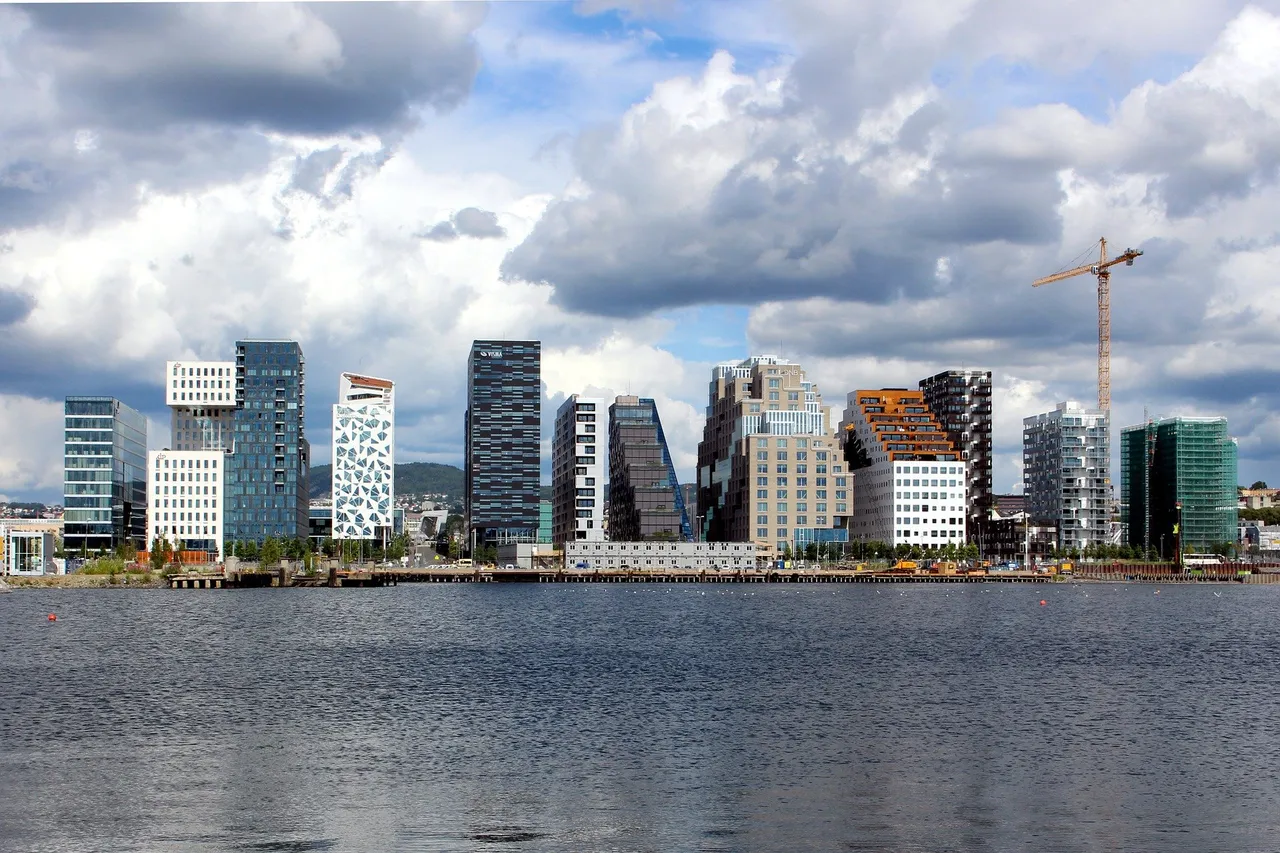 Free photo from https://pixabay.com/no/photos/oslo-norge-byen-moderne-skyskraper-957242/
Free photo from https://pixabay.com/no/photos/oslo-norge-byen-moderne-skyskraper-957242/
Western Norway
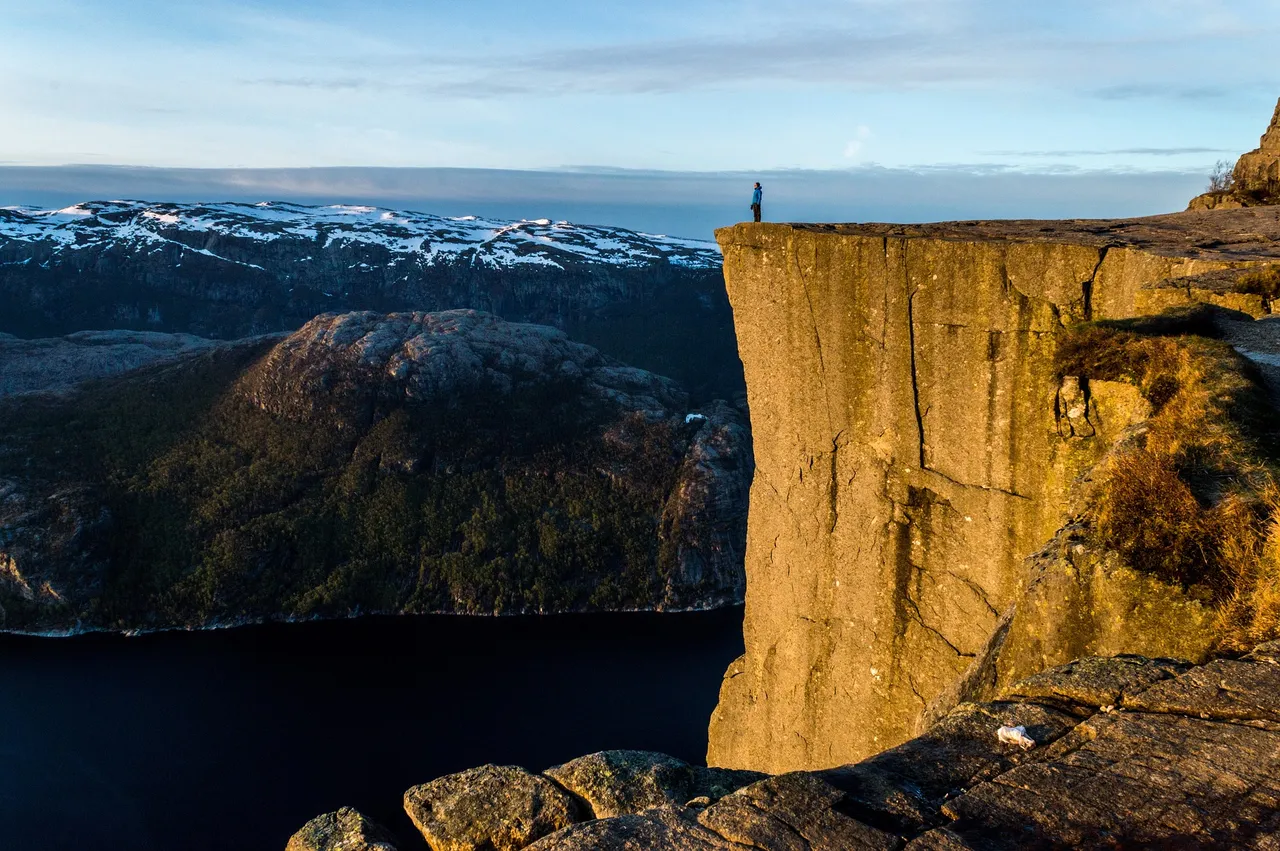 Free photo from https://pixabay.com/no/photos/preikestolen-norge-scandinavia-918955/
Free photo from https://pixabay.com/no/photos/preikestolen-norge-scandinavia-918955/
The western coast is lined with wild nature with long fjords and steep mountains, holding several of the most popular nature destinations and hikes of Norway. Some of these are Preikestolen, Kjeragbolten, Trolltunga, the atlantic road, Trollstigen and Romsdalseggen, popular both with the locals and the tourists. We also find Norway's second biggest city here, Bergen.
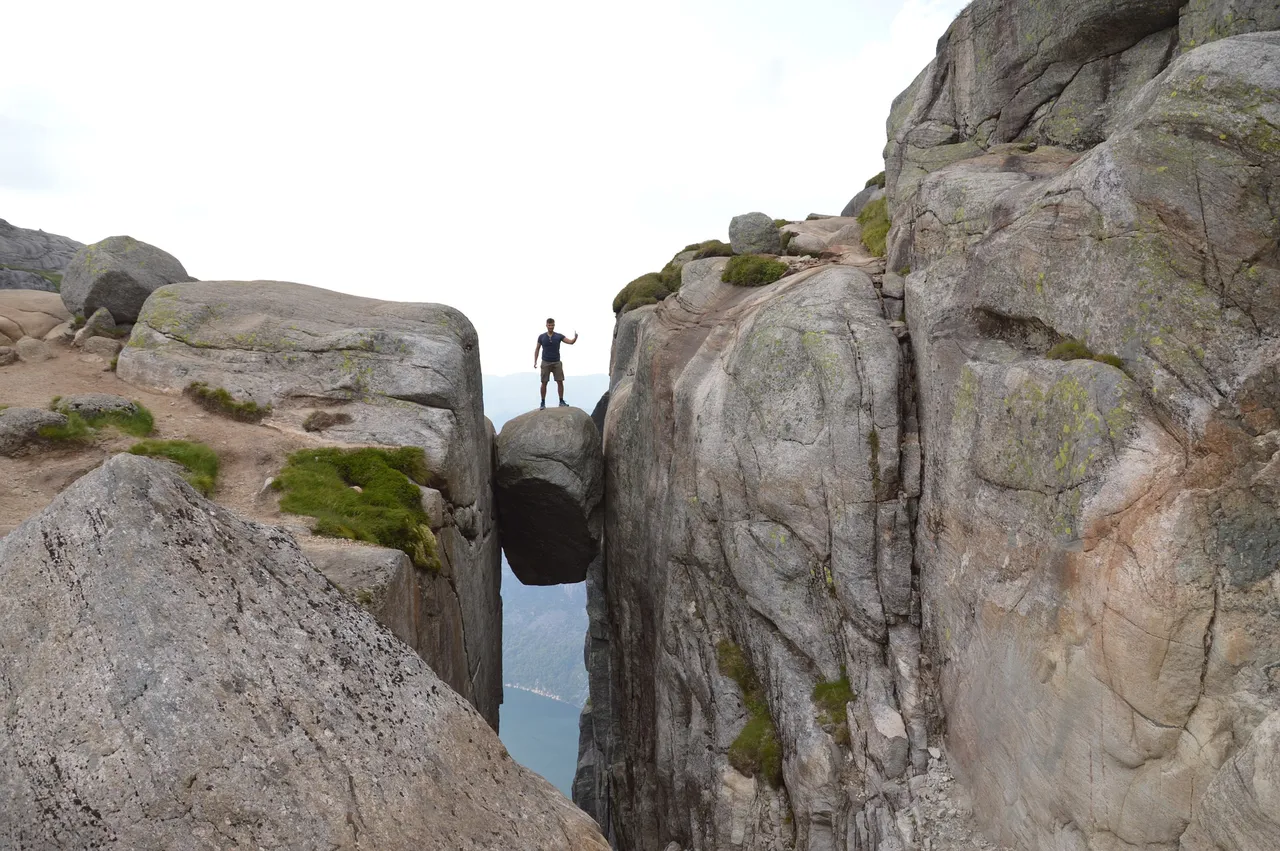 Free photo from https://pixabay.com/no/photos/kjerag-fjorden-norge-tur-naturen-1497995/
Free photo from https://pixabay.com/no/photos/kjerag-fjorden-norge-tur-naturen-1497995/
Southern Norway
Sørlandet, the bible belt of Norway. "Sørlandsidyll", an expression that does not really have a direct translation, but that is used to describe idyllic conditions in the south, often thrown around in the summer when you are enjoying some fresh crab or shrimp down by the sea.
Boatlife, sunny summers and bare rock shores are commonly assosciated with this region. The people are nationally known for being very shy of conflict, and if you know Norwegians, coming from them that means alot (Norwegians do not handle conflict very well).
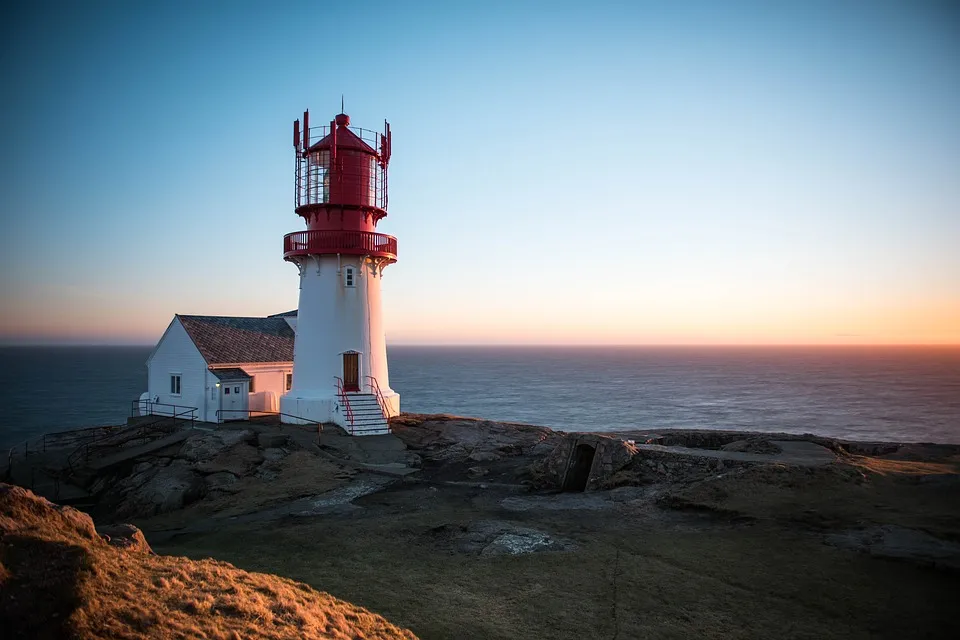 Free photo from https://pixabay.com/no/photos/fyr-lindesnes-solnedgang-norway-1293433/
Free photo from https://pixabay.com/no/photos/fyr-lindesnes-solnedgang-norway-1293433/
Northern Norway
The north is cold and dark in the winter, and the days are long and bright in the summer. The contrast is enormous. In the most northern part daylight is scarce all the winter months, and the sun doesn't rise for over 2 months from november until late january (no daylight at all). Come summer, it's flipped around, and the sun never sets.
Home to the northern lights, the Lofoten islands, and so much more, this region is a place that has a lot to offer no matter which time of the year or which season you prefer to experience.
In contradiction to the south, the locals tend to be very honest and direct in their communcation (swearing being a perfectly normal part of communication).
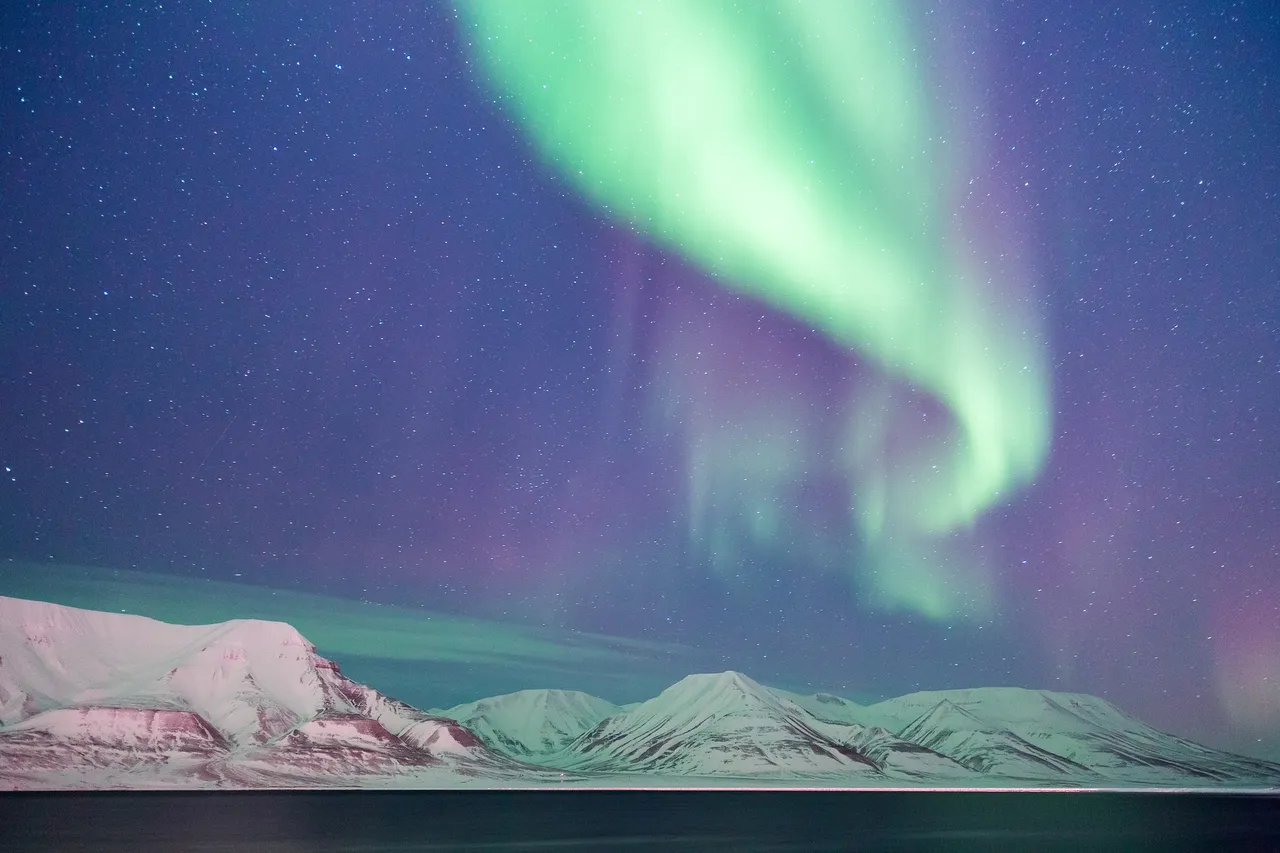 Free photo from https://pixabay.com/no/photos/eventyr-aurora-nordlys-stargazing-1573331/
Free photo from https://pixabay.com/no/photos/eventyr-aurora-nordlys-stargazing-1573331/
Svalbard
At last, there's Svalbard, with a population of about 2 700 people and a few hundred polar bears. Svalbard has the Svalbard Global Seed Vault holding more than 4000 plant species securely stored, and is home of the northernmost university in the world. Svalbard itself was historically a base for whaling, but from the start of the 20'th century (and still to this day) mining is one of the main industries. The other being tourism, education and research.
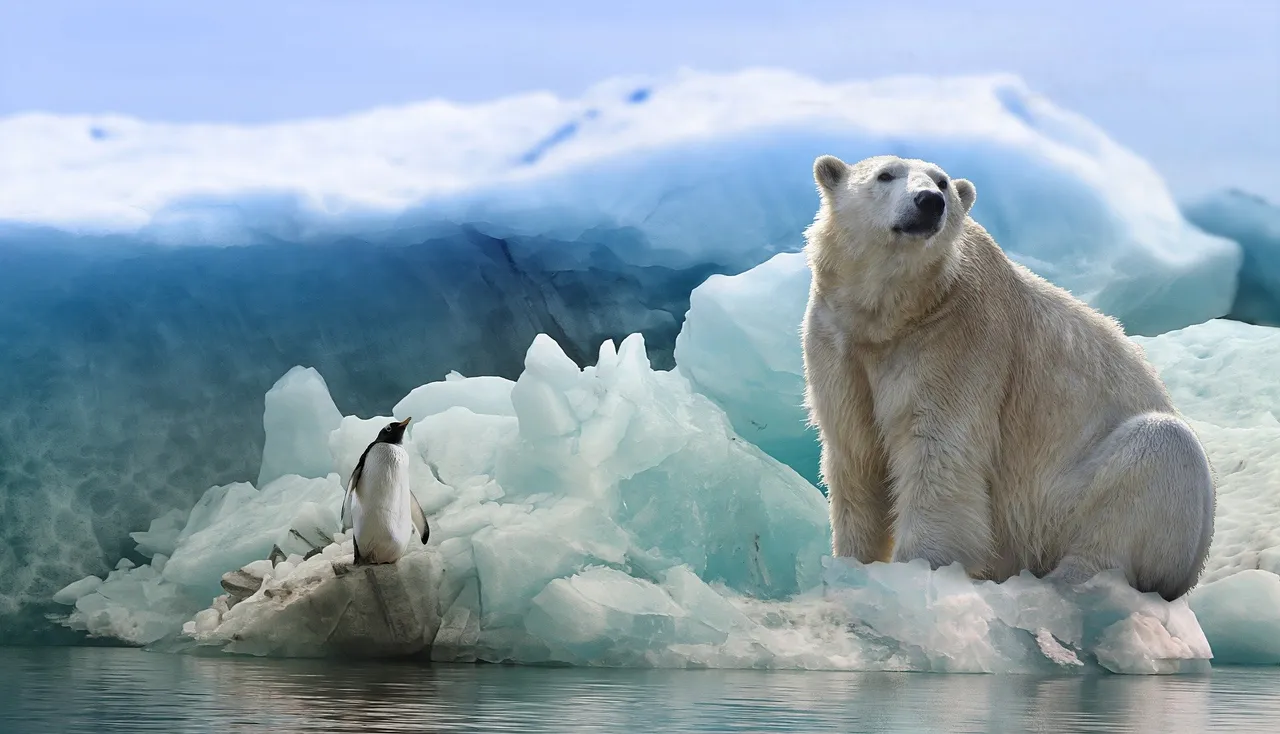 Free photo from https://pixabay.com/no/photos/polar-bear-pingvin-arctic-antarktis-3277930/
Free photo from https://pixabay.com/no/photos/polar-bear-pingvin-arctic-antarktis-3277930/
More to come
We hope you enjoyed the general introduction to Norway as a travel destination, and we hope you stay tuned as we begin to cover specific destinations and activities that we recommend to enjoy.
Have any questions? Let us know!
Best regards,
Guide Sør